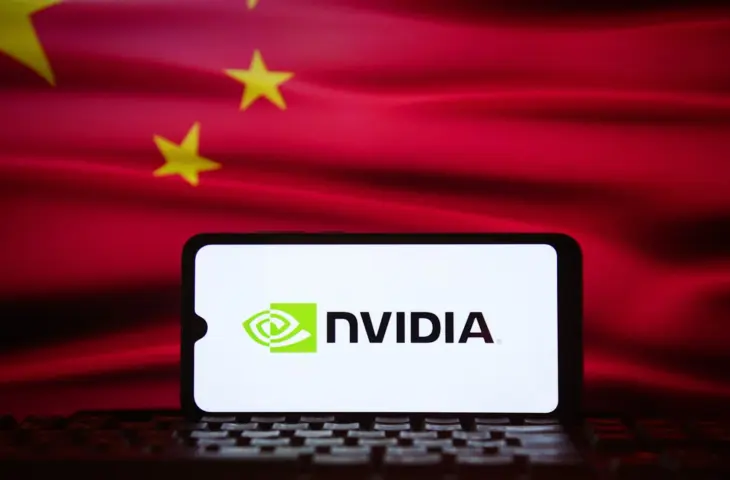Nvidia and AMD have made a deal with the US government regarding the sale of AI chips to China. As a concession, they give up fifteen percent of the revenue.
The US government has given Nvidia and AMD the green light to sell AI chips to China. This permission is not free: the chipmakers agree to give up fifteen percent of their revenue from the Chinese market. An extremely unusual arrangement, according to American news media.
To keep China at a disadvantage in the global AI race, Washington imposes strict export restrictions on American chipmakers for sales to China. Even less powerful chips that Nvidia specifically developed for the Chinese market did not get through. Much to the dismay of Jensen Huang, who saw a major market slip away.
read also
Nvidia CEO Jensen Huang Calls US Export Ban on AI Chips “a Failure”
Exceptional Peace Offering
Huang has now found a way to appease the US government. Last week, Huang had a meeting with Trump to find a middle ground. It has been found: Nvidia will give up fifteen percent of the revenue from the sale of H20 chips in China. In July, security experts described it as an ‘accelerator of Chinese AI capabilities’.
Competitor AMD is making a similar arrangement for its MI308 chips. When money is involved, the US government does not seem opposed to selling AI chips to China. Nvidia speaks positively via BBC and says that with this arrangement “the United States can become the world standard in AI technology”, which in the eyes of Washington it already is.
read also
Vance: ‘U.S. is ultimate leader in AI, EU welcome to follow behind if it deregulates’
American media call it highly unusual for companies to negotiate “selective export taxes” with the White House. According to New York Times, the arrangement could bring the US government more than 2 billion dollars. Not only chip companies are making peace offers: Apple recently promised an investment of 600 million dollars in domestic production in hopes of obtaining more favorable import tariffs.
